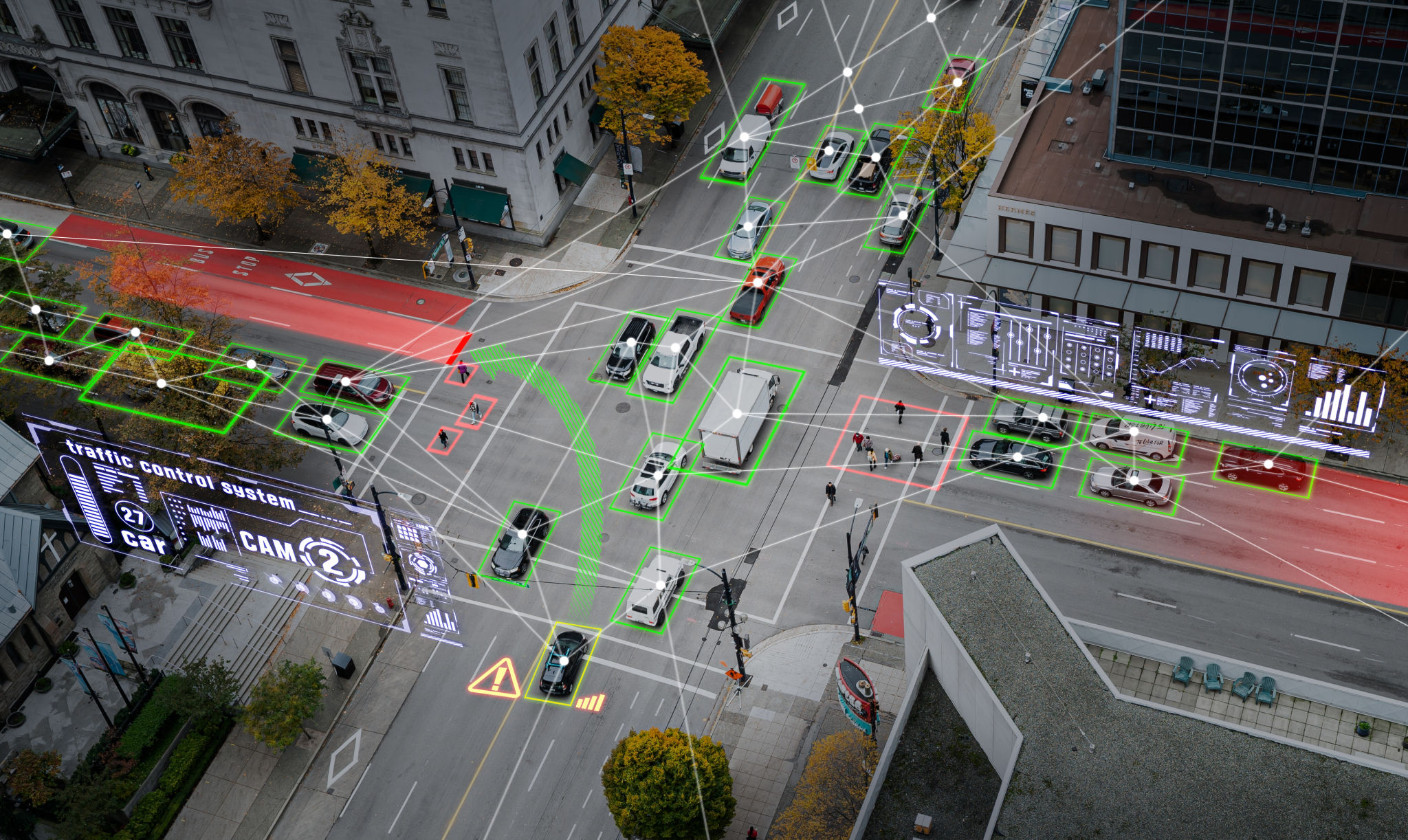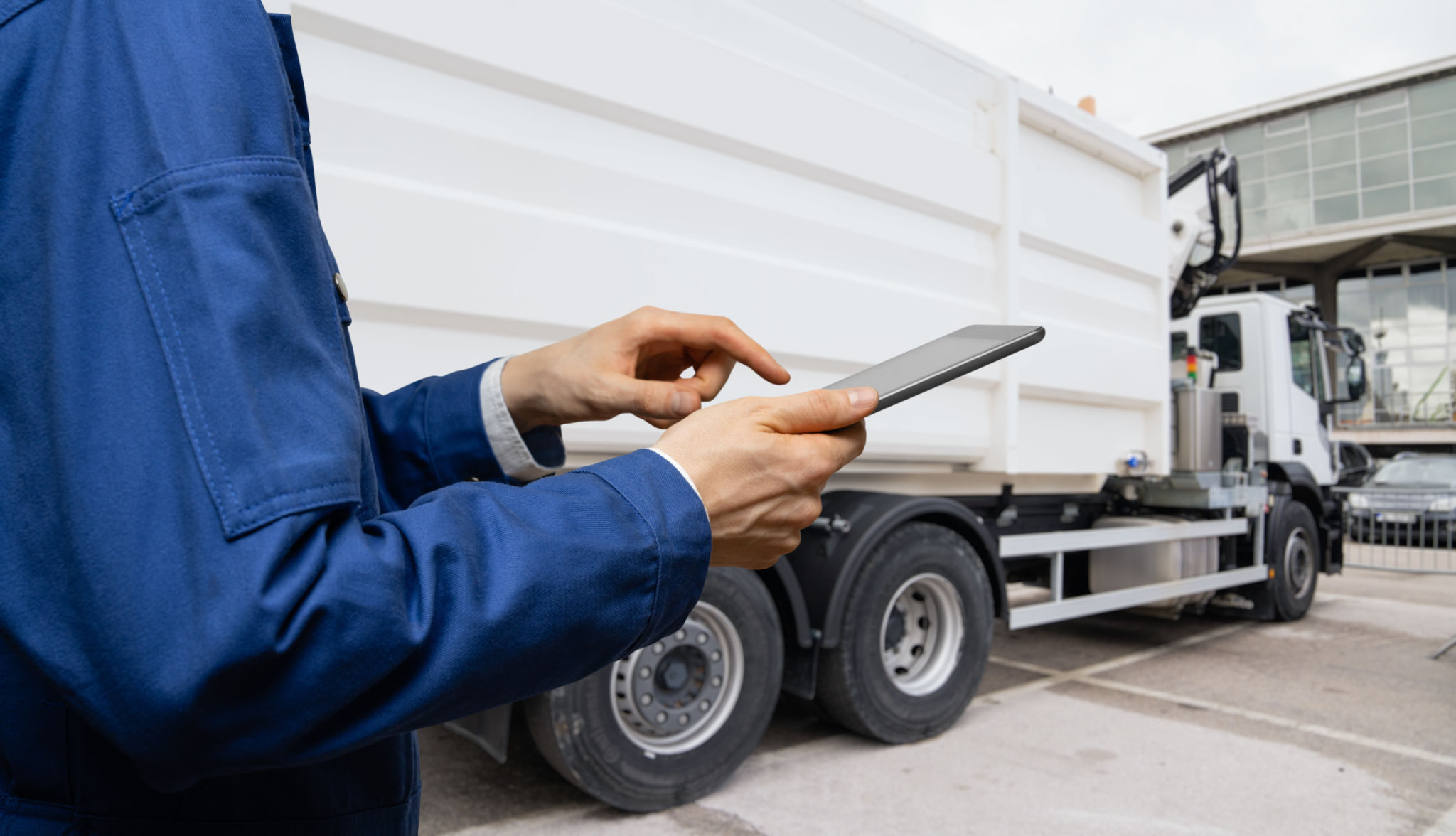How Smart City Technology is Changing Public Services in India
Understanding Smart City Technology
Smart city technology is revolutionizing urban landscapes by integrating digital solutions and data-driven strategies to enhance public services. In India, this transformation is particularly evident as cities adopt innovative technologies to improve the quality of life for their residents. By leveraging IoT, AI, and big data, smart city initiatives aim to create sustainable and efficient urban environments.
One of the core components of smart city technology is the use of sensors and connected devices. These tools collect real-time data that can be analyzed to optimize various public services, ensuring that resources are allocated more effectively. As a result, cities can better address the needs of their growing populations.

Enhancing Transportation Systems
Public transportation is one of the primary sectors being transformed by smart city technology in India. Intelligent transportation systems (ITS) utilize data analytics to manage traffic flow, reduce congestion, and improve public transit reliability. Through GPS tracking and real-time updates, commuters enjoy a more seamless travel experience.
Moreover, the integration of e-ticketing and mobile apps provides commuters with easy access to information about routes, schedules, and ticketing, enhancing convenience and efficiency. This modernization of public transport not only improves user satisfaction but also encourages more people to opt for public over private transportation.
Improving Waste Management
Efficient waste management is a significant challenge for many Indian cities. Smart city technology addresses this issue by employing IoT-enabled waste bins equipped with sensors that monitor fill levels. This data helps in optimizing waste collection routes, reducing fuel consumption, and minimizing environmental impact.

Furthermore, digital platforms allow citizens to report waste-related issues directly to municipal authorities, ensuring quicker response times and cleaner urban environments. Such innovations contribute to healthier living conditions and promote sustainability in urban areas.
Transforming Healthcare Services
Healthcare is another critical area benefiting from smart city technology. Telemedicine platforms and digital health records provide patients with improved access to healthcare services, especially in remote areas. This ensures timely medical interventions and better health outcomes.
In addition, AI-driven predictive analytics aids in disease surveillance and management by identifying potential outbreaks and enabling proactive measures. These advancements play a vital role in enhancing the overall healthcare infrastructure in Indian cities.

Enhancing Public Safety
Smart city technology significantly bolsters public safety through the deployment of surveillance cameras and emergency response systems. Advanced video analytics help in monitoring crime-prone areas, deterring criminal activities, and assisting law enforcement agencies in maintaining order.
Moreover, emergency services can be coordinated more effectively through integrated communication networks, ensuring swift responses during crises. This enhanced safety infrastructure contributes to a more secure urban environment for residents.
The Future of Smart Cities in India
The ongoing evolution of smart city technology promises an exciting future for public services in India. As cities continue to embrace digital innovations, they are becoming more resilient, sustainable, and livable. The collaboration between government bodies, private enterprises, and citizens is essential to drive these initiatives forward.

In conclusion, smart city technology is redefining public services across India by introducing efficiency and sustainability into urban management. As technological advancements progress, the potential benefits for Indian cities are immense, paving the way for a brighter and more connected future.